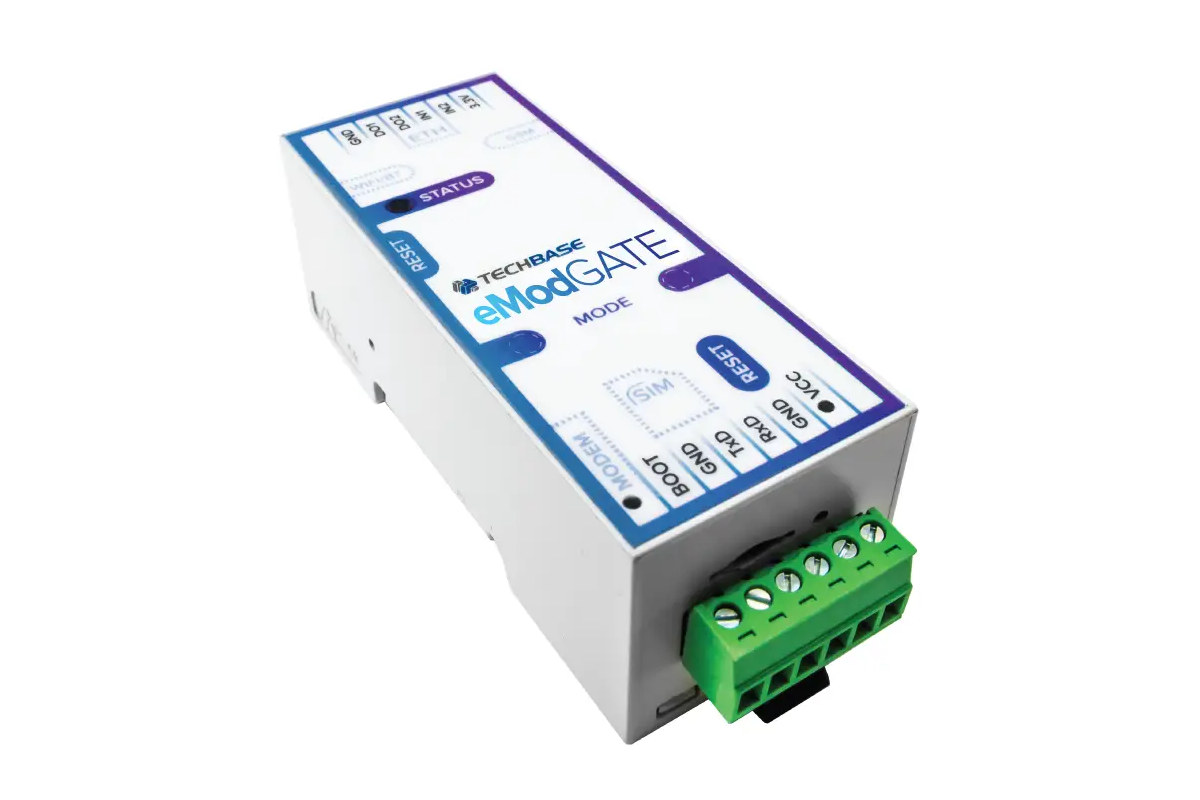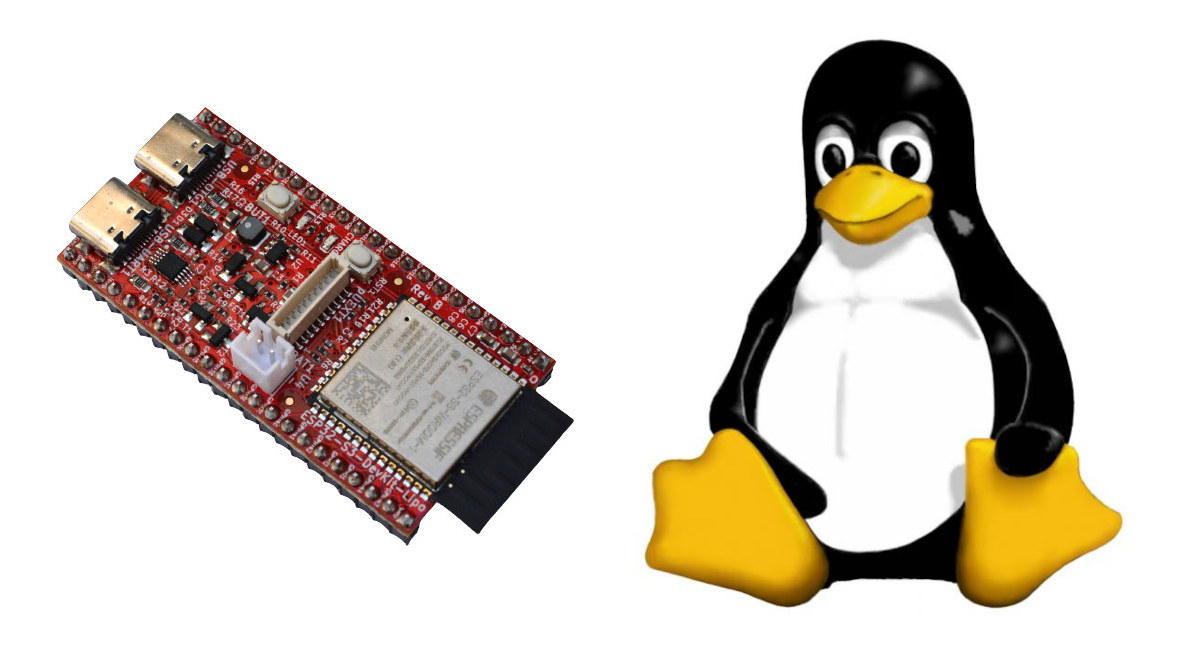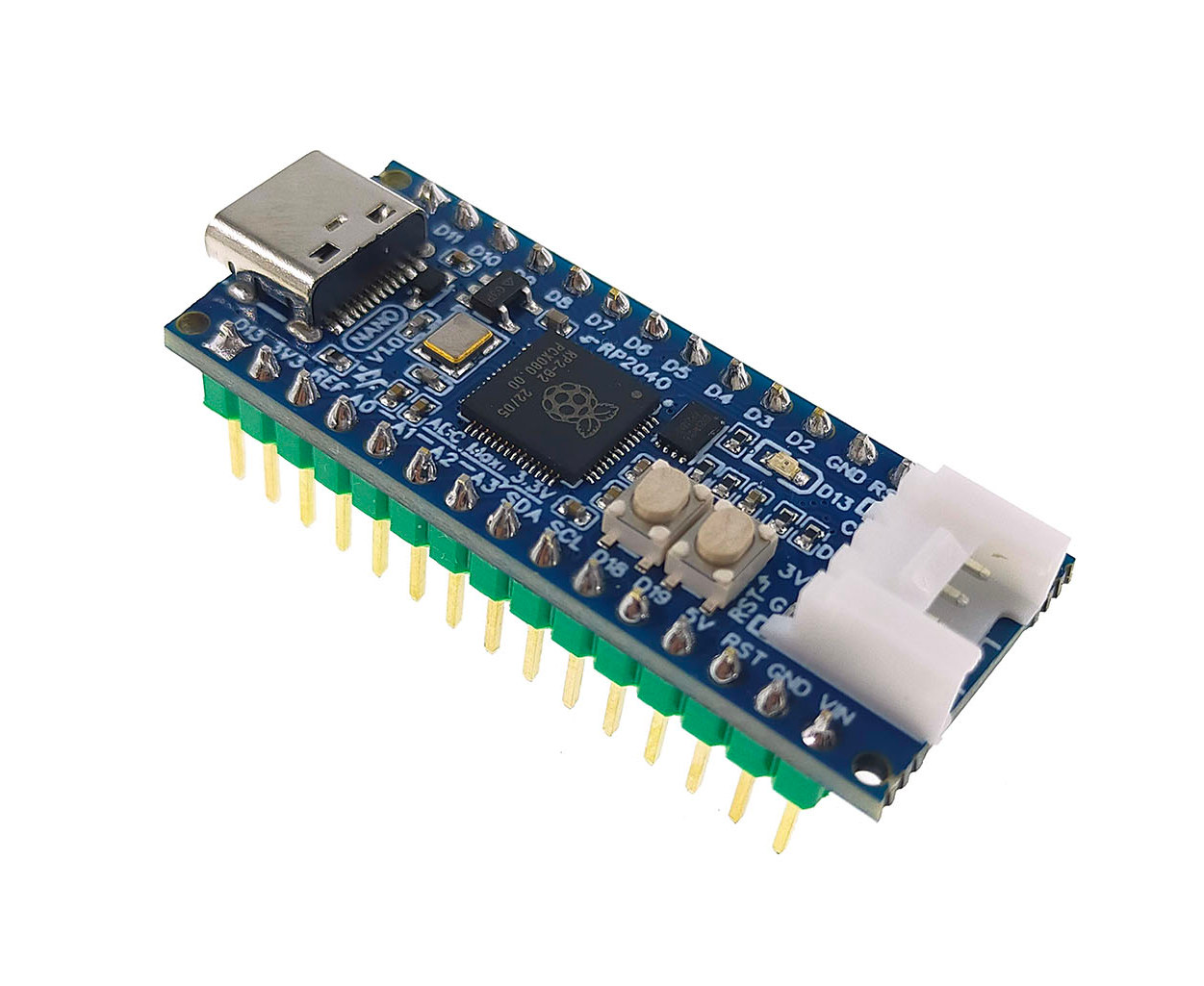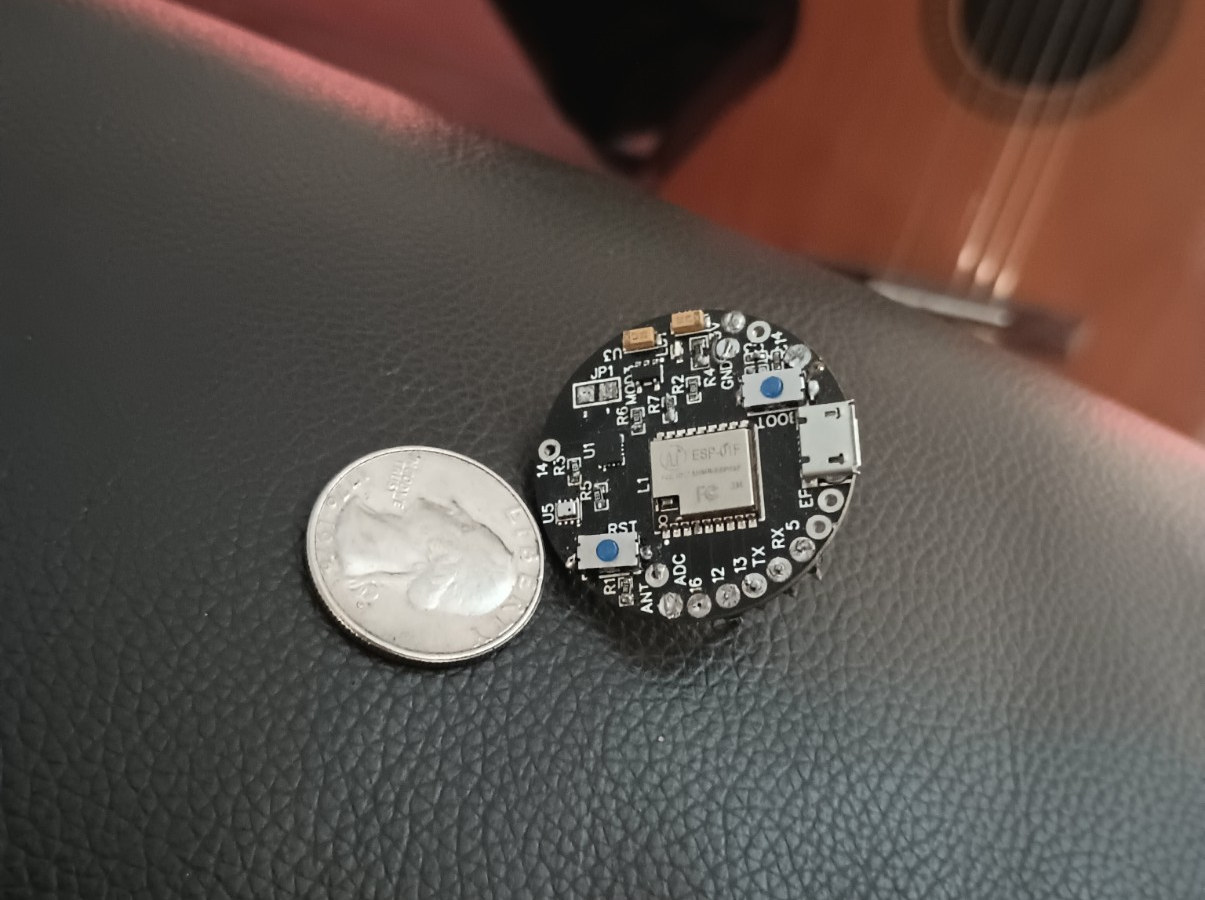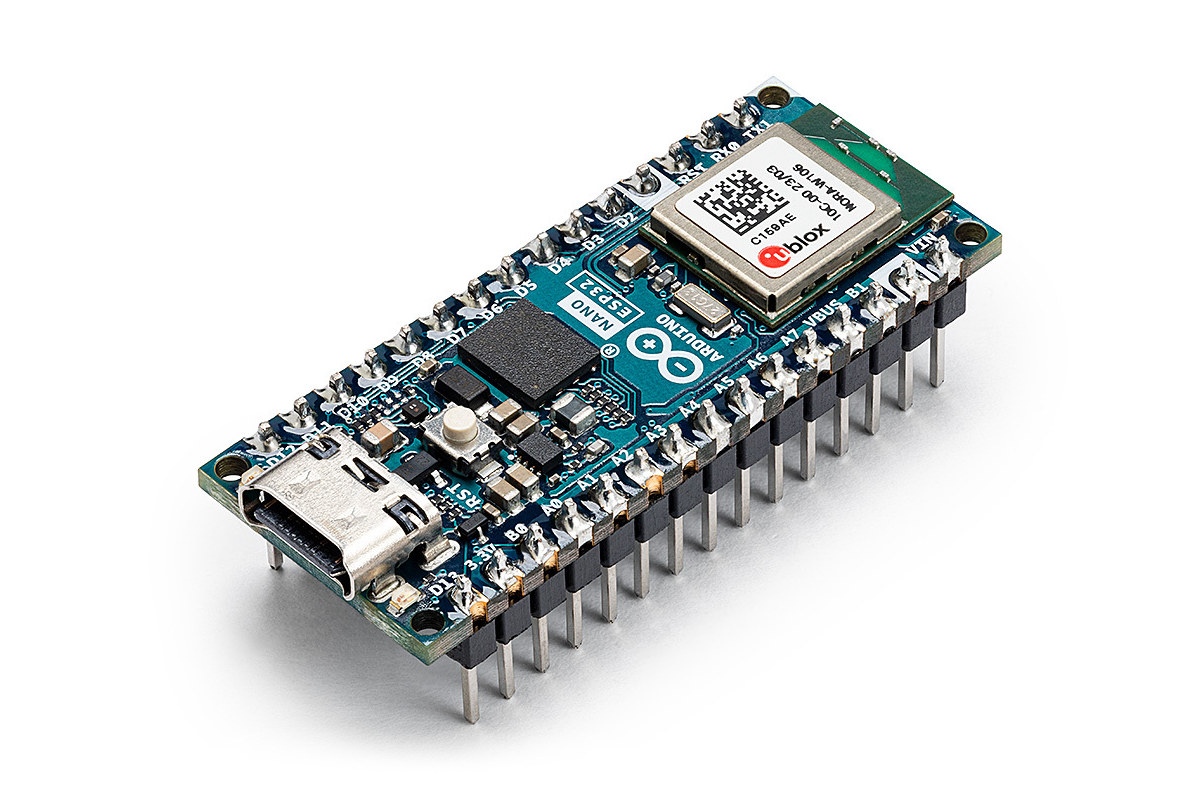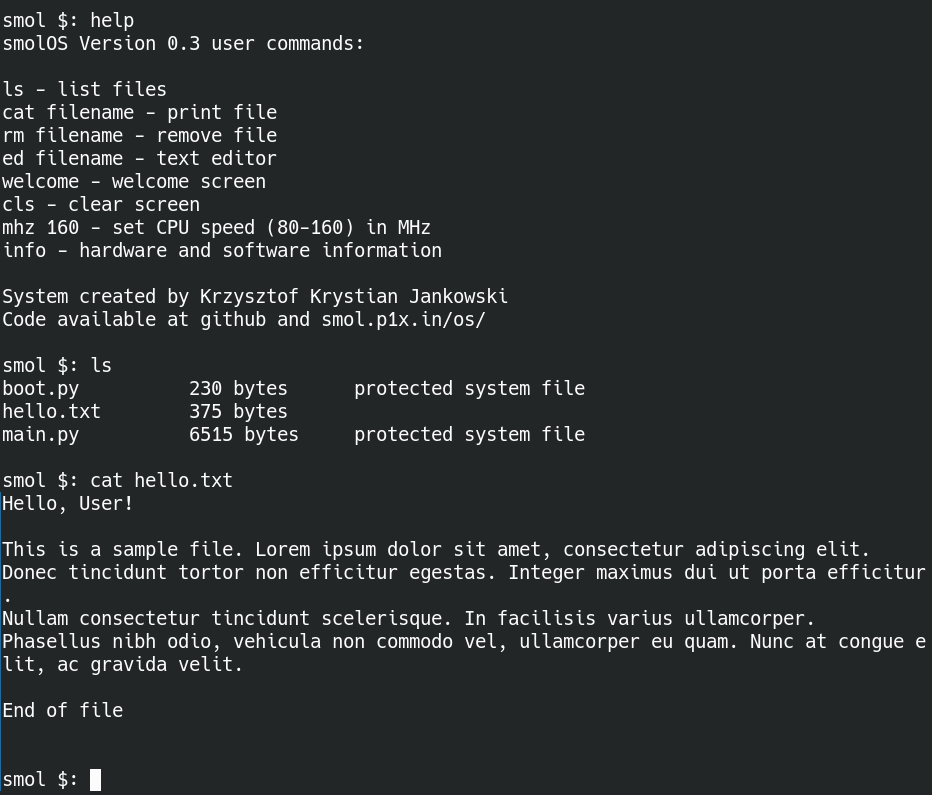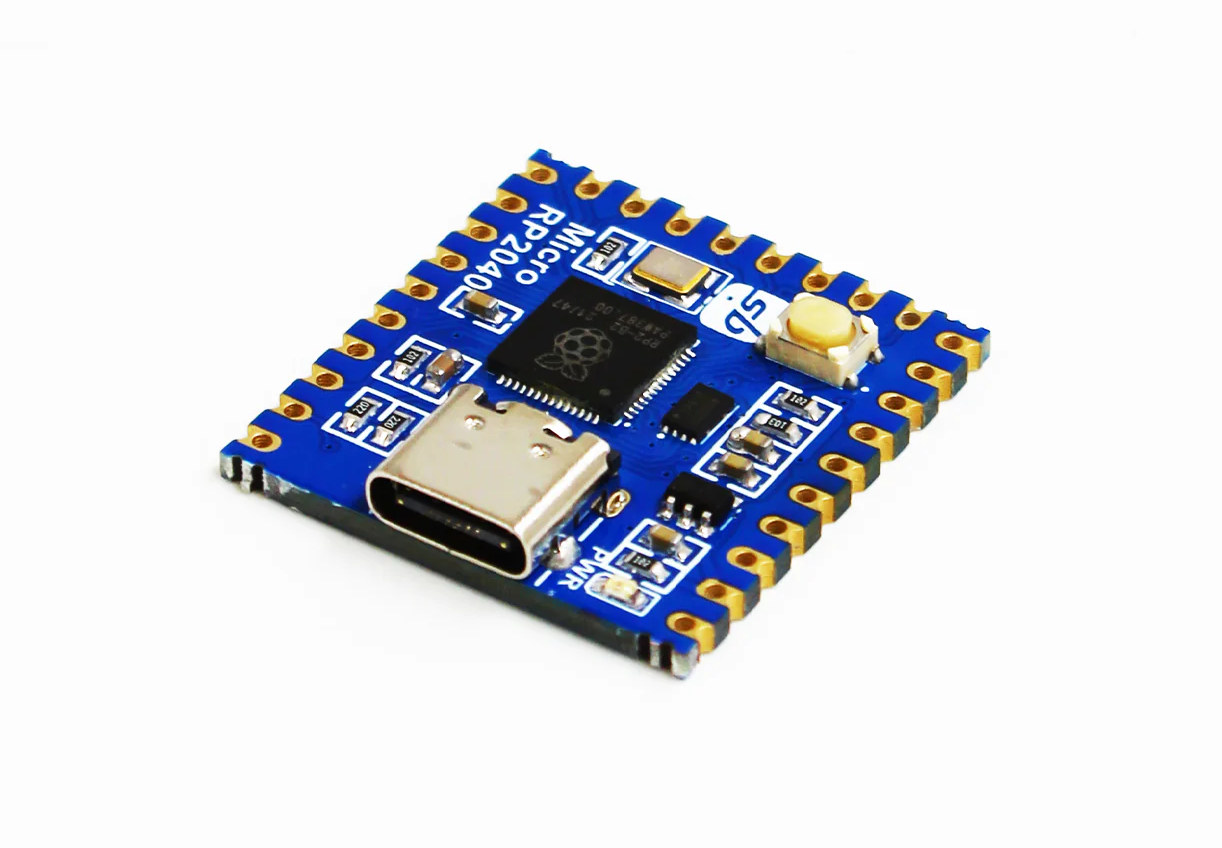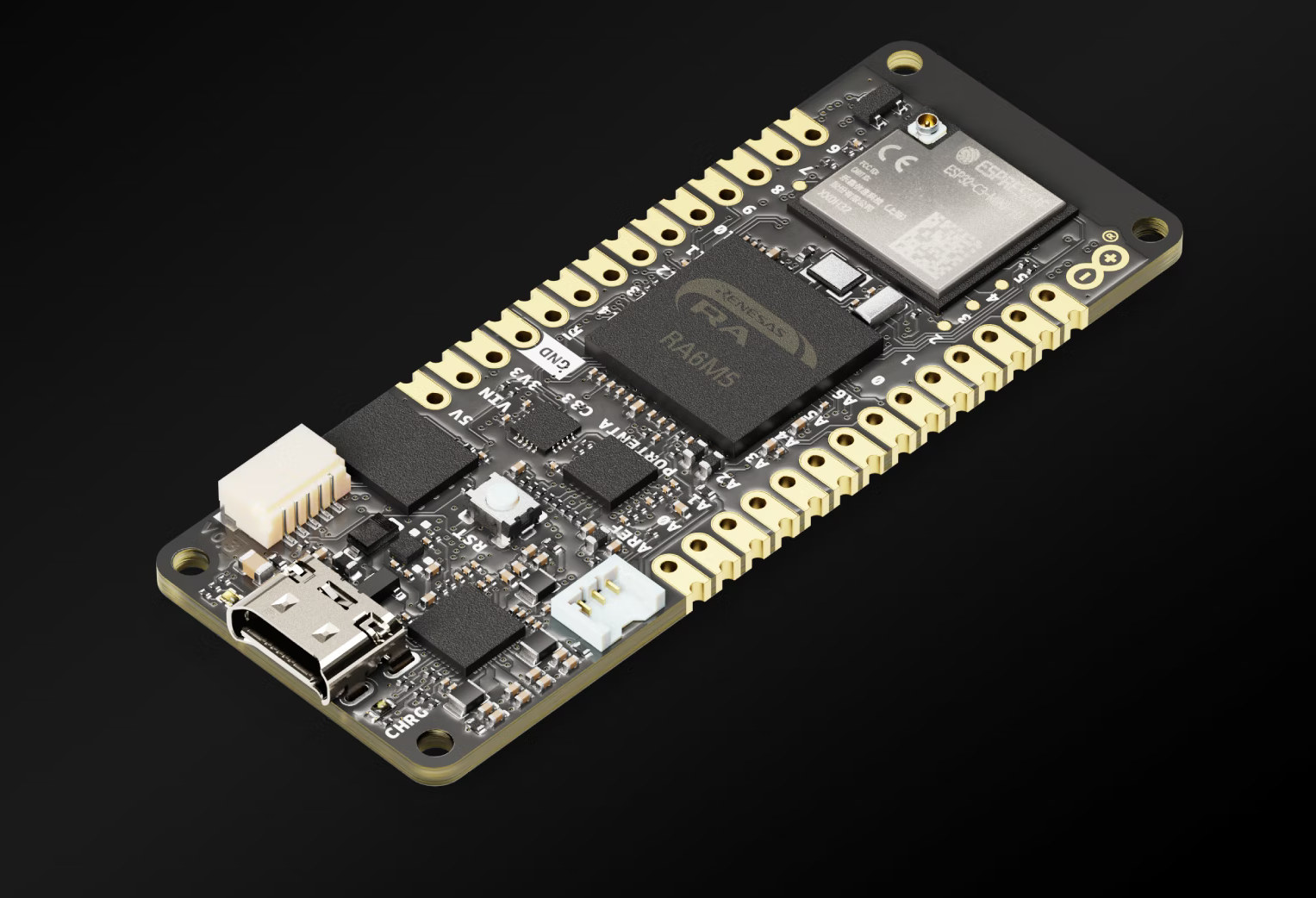TECHBASE eModGATE Moduino X0 is an industrial IoT control based on a choice of ESP32 modules from Espressif and Pycom, equipped with a battery slot for remote installations, and various interfaces to connect sensors or actuators via RS232, RS485, and/or digital I/Os. We first wrote about TECHBASE Moduino-X series ESP32 IoT endpoints almost six years ago with the X1 and X2 models, but since then the company has added more models such as the large X3 and X4 devices with more I/Os, and the new entry-level Moduino X0 that’s similar to the X1, but with battery support instead of a supercapacitor. eModGATE Moduino X0 specifications: ESP32 wireless module/board options ESP32-WROVER with ESP32 dual-core Tensilica LX6 processor @ 240 MHz, 8MB PSRAM, 4MB or 16MB SPI flash Pycom WiPy 3.0 with 4MB RAM, 8MB Flash Pycom SiPy with 512kB RAM, 4MB Flash, Sigfox Pycom LoPy with 4MB RAM, 8MB Flash, Wi-Fi/BT4.2, […]
12 Euros ESP32-S3-DevKit-LiPo board runs Linux 6.3
Olimex ESP32-S3-DevKit-LiPo is a new open-source hardware ESP32-S3 board with 8MB flash, 8MB PSRAM, as well as LiPo battery and JTAG support that can run Linux 6.3, or the more traditional Arduino or MicroPython firmware. The board is based on the ESP32-S3-WROOM-1-N8R8 module, features two USB-C ports for power, programming, and JTAG debugging, plenty of expansion with two rows of I/Os plus a pUEXT connector, Reset and Boot buttons, and a couple of LEDs. ESP32-S3-DevKit-LiPo specifications: Wireless module – Espressif ESP32-S3-WROOM-1-N8R8 with SoC – ESP32-S3 dual-core LX7 microprocessor @ up to 240 MHz with Vector extension for machine learning, WiFi 4 & Bluetooth 5 LE/Mesh Memory – 8MB OSPI PSRAM Storage – 8MB QSPI flash PCB antenna Dimensions – 25.5 x 18.0 x 3.1 mm USB 1x USB Type-C OTG port also used for JTAG/Serial 1x USB Type-C port for USB-serial programming and power Expansion 2x 22-pin GPIO headers pUEXT […]
RP2 Nano is a $6.6 Raspberry Pi RP2040 board with Arduino Nano form factor
ArtronShop RP2 Nano board features the Raspberry Pi RP2040 microcontroller in the Arduino Nano form factor in a way that’s much cheaper than the official Arduino Nano RP2040 Connect board. That’s possible because Thailand-based AtronShop did not include all the bells and whistles such as WiFi and Bluetooth connectivity, sensors, and used a smaller flash. So the RP2 Nano basically offers the same I/Os and features as the Arduino Nano, but the Microchip ATmega328 8-bit AVR microcontroller gives place to the more powerful Raspberry Pi RP2040 dual-core Cortex-M0+ MCU plus 2MB flash, and the board also adds an extra Grove connector for expansion. RP2 Nano specifications: MCU – Raspberry Pi RP2040 dual-core Cortex M0+ microcontroller @ 133 MHz with 264 kB of embedded SRAM Storage – 2MB SPI flash USB – 1x USB Type-C OTG port for power, data, and programming Expansion Arduino Nano headers (2x 15-pin headers) Up to […]
ButtonBoard is a 3cm round WiFi IoT board with BME280 and IMU sensors (Crowdfunding)
ButtonBoard is a tiny round-shaped board based on the ESP-01F WiFi IoT module (ESP8285), equipped with a BME280 air pressure, humidity, and temperature sensor, an IMU sensor, and designed for wearables electronics projects. ButtonBoard specifications: Wireless module – ESP-01F module with ESP8285 Tensilica L106 microcontroller @ 80/160 MHz with 2.4GHz WiFi connectivity, PCB antenna; package: 11 x 10 mm USB – Micro USB port Sensors Bosch Sensortec BME280 pressure, temperature, and humidity sensor, and altimeter. IMU sensor Expansion – Through holes for up to 10x GPIOs, I2C, SPI, USART Misc – Reset button Power Supply – 5V via micro USB port; onboard power management Dimensions – About 3cm diameter The ButtonBoard can be programmed with the Arduino IDE via USB or WiFi, MicroPython, Lua, and Scratch, and they also mention support for ChatGPT through the current API, but I could not find any code samples at this time. They do […]
ESP32-S3 based Arduino Nano ESP32 board supports Arduino and MicroPython programming
The Arduino Nano ESP32 is an ESP32-S3-based WiFi and Bluetooth microcontroller board designed for IoT applications for hobbyists and enterprise use cases. The new Nano board comes with 8 MB PSRAM and 16 MB flash storage and can be programmed with either the Arduino or MicroPython languages. It’s not the first ESP32 board from Arduino, as the Nano RP2040 Connect pairs a Raspberry Pi RP2040 MCU with an ESP32 module from u-Blox and the just-released Arduino UNO R4 WiFi marries a Renesas RA4M1 Arm Cortex-M33 MCU with an ESP32-S3-MINI-1 module. But the Arduino Nano ESP32 is different since it’s the first ESP32 board from Arduino where the Espressif chip is the only microcontroller onboard and handles both wireless connectivity and GPIOs. Arduino Nano ESP32 specifications: Wireless module – u-Blox NORA-W106-10B with MCU – ESP32-S3 dual-core Xtensa LX7 microcontroller @ up to 240 MHz with vector extensions, 512KB SRAM, 384KB ROM, […]
smolOS brings a Linux-like command line interface to ESP8266 microcontroller
smolOS (pronounced small OS) is an open-source, lightweight MicroPython program that implements a POSIX-style (Linux-like) command line interface for the ESP8266 WiFi microcontroller. Krzysztof Jankowski (w84death) designed smolOS to be easy to use, allowing the listing and removing of files and also including the smolEDitor which, as its name implies, is a simple text editor. There are currently eight commands with the familiar ls, cat, and rm, plus ed to launch the text editor, welcome to show the welcome screen above, cls to clear the screen, mhz to set the processor speed to 80 or 160 MHz, and info to display some hardware and software information. The project looks to be a work in progress, and the developer highlights the editor is at the alpha stage of development, so more features may be implemented over time by Krzysztof himself or by the community of developers. I also assume other microcontrollers […]
Micro RP2040 is a tiny Raspberry Pi RP2040 module with a USB Type-C port, 28 castellated & through holes
SB Components’ Micro RP2040 is a tiny module based on the Raspberry Pi RP2040 Arm microcontroller with up to 23 GPIOs and a USB Type-C port for easy powering and programming. Ever since the Raspberry Pi RP2040 dual-core Arm Cortex-M0+ microcontroller was released, companies have been making tiny modules based on it. Some come with a USB Type-C port such as the Pimoroni Tiny 2040 and the Adafruit QT Py RP2040 boards, while others focused on providing a smaller form factor for soldering only with design such as the RP2040 Stamp or the minuscule 12x12mm Femto module. The Micro RP2040 module comes with a USB-C port and more I/Os than competing modules thanks to a slightly larger 25 x 24.95mm design. Micro RP2040 specifications: MCU – Raspberry Pi RP2040 dual-core Cortex-M0+ microcontroller @ up to 133 MHz with 264kB of SRAM Storage – 2MB QSPI flash USB – USB Type-C […]
Portenta C33 is a $64 Arduino Pro board based on Renesas RA6M5 Arm Cortex-M33 MCU
Arduino Portenta C33 is the latest board from the Arduino Pro family which the company dubs a “high-performance, low-price” solution based on a 200 MHz Renesas RA6M5 Arm Cortex-M33 microcontroller and equipped with a ESP32-C3 Wi-Fi and Bluetooth Low Energy module. The new board provides a cost-effective alternative to the Portenta H7 and X8 boards, but still offers wireless connectivity, a secure element for industrial-grade security, and compatibility with Portenta, MKR, and Nicla components. Portenta C33 specifications: Microcontroller – Renesas R7FA6M5BH2CBG Arm Cortex-M33 microcontroller @ up to 200 MHz with 512KB SRAM, 2MB Flash, Arm TrustZone, and Secure Crypto Engine 9 Storage – 16 MB QSPI Flash Connectivity 10/100M Ethernet PHY ESP32-C3 WiFi and BLE module USB – 1x USB Type-C high-speed port with Power Delivery support I/Os via 2x 80-pin high-density connectors, Arduino MKR headers with castellated hole, and a 5-pin I2C connector Storage – SD Card Networking – […]


